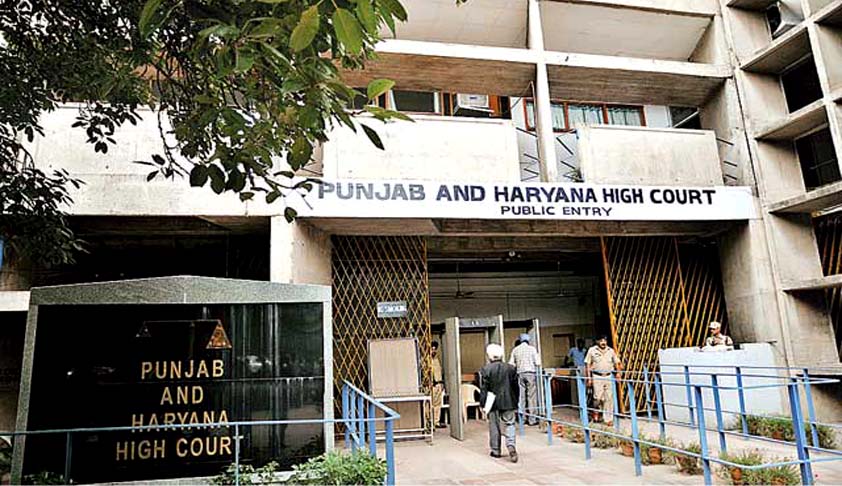
Chandigarh: The single judge bench of Justice Namit Kumar of the Punjab and Haryana High Court while dismissing the bail application of a “quack” said that despite the existence of laws and regulations, many individuals practice medicine without proper qualifications or registration, putting patient’s lives at risk. The “quack” doctor was allegedly involved in the death of a Maruti company employee. Justice Namit Kumar observed, “Concededly, a person has lost his life. Unregistered medical practitioners pose a significant threat to public health in India. Despite the existence of laws and regulations, many individuals practice medicine without proper qualifications or registration, putting patient’s lives at risk and consequence thereof, misdiagnosis and improper treatment leading to worsening of patient conditions. They are a menace to public health in India.”
The uncle of the deceased filed an FIR against the accused quack under Sections 304 Part II and 201 read with Section 34 of the IPC, as well as Section 34 of The National Medical Commission Act, 2019 (the Act). The FIR alleged that the victim had died due to the wrong treatment administered by the accused at his Clinic. The FIR further alleged that following the victim’s death, the accused had allegedly attempted to dispose of the body by placing it near the paying guest facility where the victim was residing. The accused defended that he had been falsely implicated in the case. He contended that the death was a result of natural causes, specifically asphyxia due to the blockage of respiratory passages, as per the post-mortem report. It was also argued that the deceased had received a Monosef Injection, an antibiotic, which could not have caused his death. The accused submitted that he had no criminal intent or ‘mens rea’ that could justify the charges under Section Sections 304 Part II of the IPC.
The prosecution on the other hand alleged that the accused was operating as a doctor without a valid professional degree. Pursuing the post-mortem report, the Court noted the cause of death of the victim to be blockage of respiratory passages. “No common poison/ethyl alcohol has been detected in the body of deceased,” the Bench stated. Therefore, the Court stated that the role of the petitioner would be evaluated on the basis of scientific/medicinal evidence brought up by the prosecution agency during the trial. The Court remarked, “As of now, it has come in the investigation that the petitioner, who is only accused in present FIR against whom charge-sheet has been filed, was practicing as a Doctor in his clinic without possessing any professional degree as required under the law and in order to destroy the evidence had thrown the dead body of deceased on the road near the Paying Guest due to the reason that the petitioner is a quack.”
Despite the existence of laws and regulations, the Bench noted that many individuals in India were practising medicine without proper qualifications or registration, thereby putting the patient’s lives at risk. Consequently, the Court denied the grant of regular bail to the accused and observed, “No doubt, prosecution witnesses namely Puroshottom and Ram Avtar have not supported the case of the prosecution but at the same time, this fact cannot be lost sight of that scientific/medicinal evidence is yet to be adduced by the investigation agency to substantiate its case for knowing the truth/cause of death, before the trial Court.” Accordingly, the High Court dismissed the petition.

